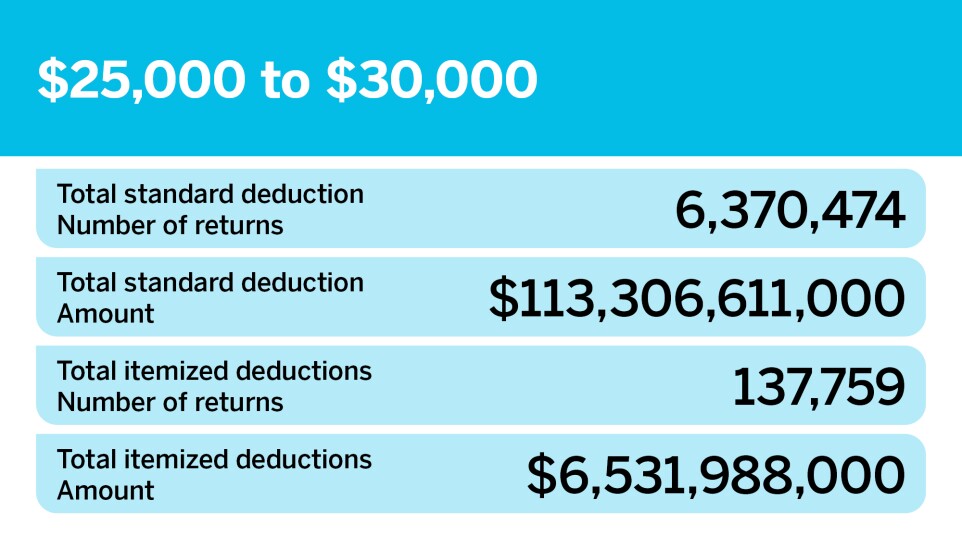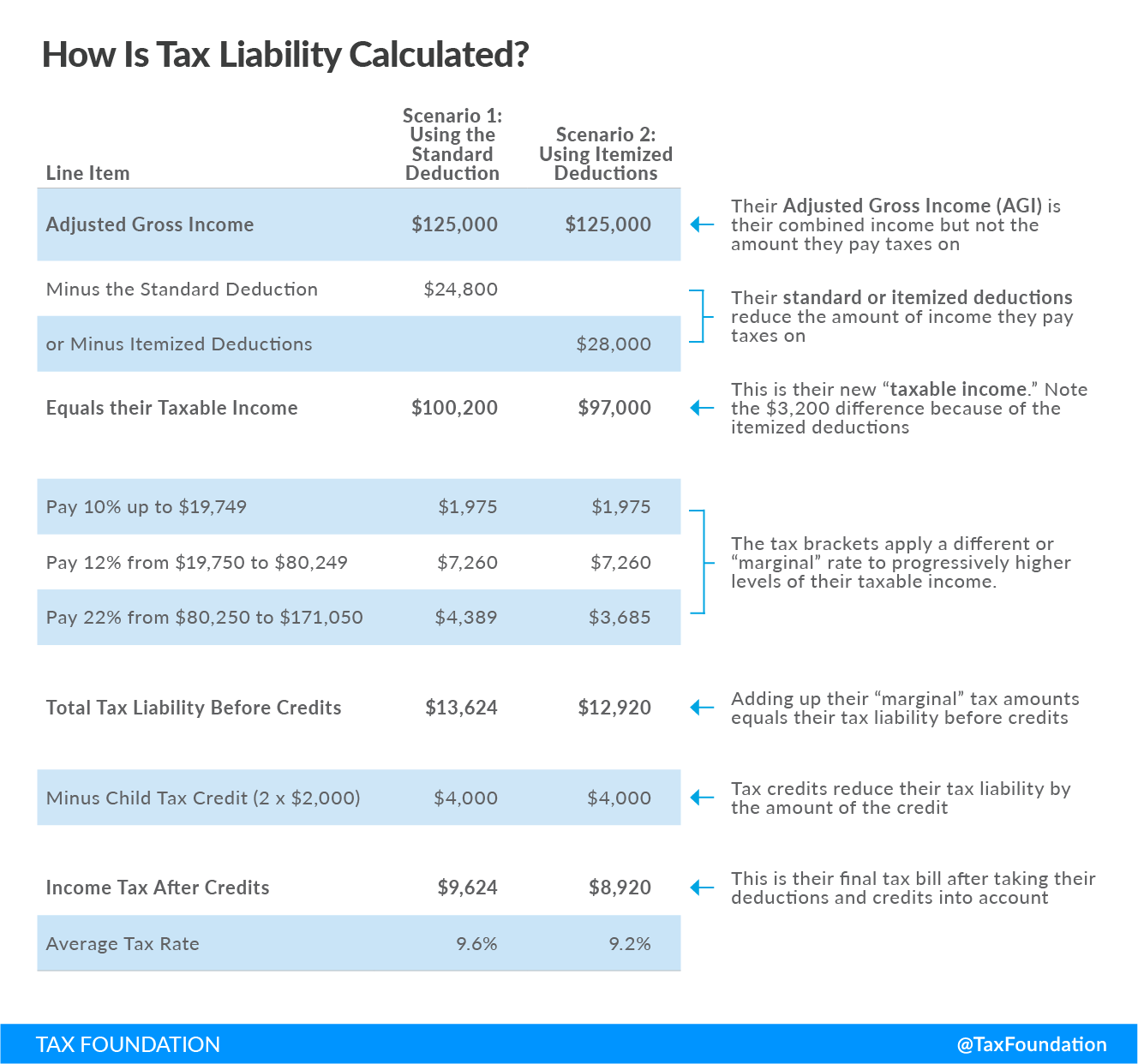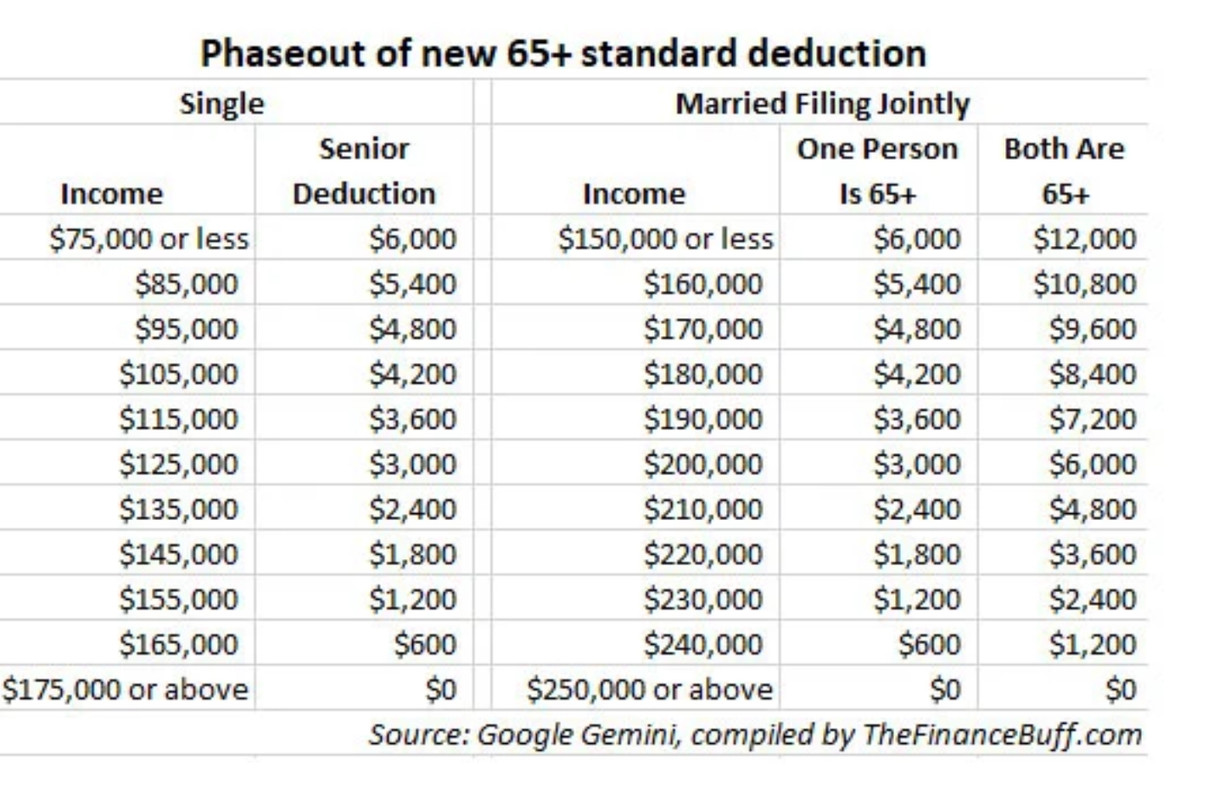How the FEIE Standard Deduction impacts your overall foreign income tax strategy
Wiki Article
All Concerning the Foreign Earned Earnings Exemption: Optimizing Your Standard Deduction Perks
The Foreign Earned Earnings Exclusion (FEIE) presents a beneficial opportunity for united state people living abroad to minimize their tax responsibilities. Recognizing the qualification criteria is important for those looking for to gain from this exemption. Furthermore, asserting the conventional reduction can improve total tax obligation advantages. Handling this procedure involves cautious focus to information and an awareness of typical risks. Checking out these aspects can offer quality and make best use of possible tax obligation benefits.Comprehending the Foreign Earned Earnings Exemption (FEIE)
The Foreign Earned Income Exemption (FEIE) enables U.S. people and resident aliens functioning abroad to leave out a section of their international profits from federal revenue tax obligation. This arrangement acts as a monetary relief device, allowing expatriates to retain a bigger share of their earnings earned in international countries. By reducing gross income, the FEIE helps reduce the worry of dual taxation, as individuals may additionally go through taxes in their host nations. The exemption uses only to made income, which consists of salaries, wages, and expert costs, while easy earnings and investment gains do not certify. To gain from the FEIE, people must submit particular kinds with the IRS, describing their international profits and residency - FEIE Standard Deduction. Recognizing the nuances of the FEIE can significantly influence economic planning for U.S. residents living overseas, making it essential for migrants to remain informed concerning this advantageous tax stipulationEligibility Requirements for the FEIE
To get approved for the Foreign Earned Earnings Exemption (FEIE), people have to satisfy particular qualification criteria. This consists of rewarding residency needs, passing the physical visibility examination, and establishing a tax obligation home in an international country. Each of these variables plays a crucial role in figuring out whether one can gain from the exemption.Residency Requirements
Fulfilling the residency needs is important for people looking for to get approved for the Foreign Earned Earnings Exclusion (FEIE) To be qualified, taxpayers need to establish an authentic house in an international nation or nations for a nonstop period that generally covers an entire tax year. This need emphasizes the necessity of a deeper connection to the international place, relocating past simple physical visibility. People must demonstrate their intent to reside in the foreign country and have established their living situation there. Elements such as the length of remain, sort of real estate, and local area participation are considered in determining residency. Satisfying these criteria is important, as failure to do so might disqualify one from taking advantage of the FEIE.Physical Visibility Examination
Establishing eligibility for the Foreign Earned Income Exclusion (FEIE) can also be attained via the Physical Existence Test, which needs people to be literally existing in a foreign nation for at the very least 330 full days throughout a successive 12-month period. This test is advantageous for those that might not satisfy the residency demand however still live abroad. The 330 days should be complete days, suggesting that any day invested in the USA does not count toward this total amount. It is important for individuals to maintain precise records of their traveling days and locations to sustain their insurance claims. Successfully passing this test can substantially reduce gross income and boost monetary outcomes for migrants.Tax Home Place
Tax home area plays a crucial function in determining eligibility for the Foreign Earned Earnings Exemption (FEIE) To qualify, a specific have to establish a tax obligation home in a foreign nation, which suggests their key place of organization is outside the United States. This is distinctive from a plain home; the individual should perform their job in the foreign country while preserving a significant link to it. The internal revenue service needs that the taxpayer can show the intent to remain in the international area for a prolonged period. Furthermore, keeping a home in the U.S. can complicate qualification, as it may recommend that the person's true tax home is still in the United States. Recognizing this requirement is critical for maximizing FEIE benefits.Exactly how to Assert the FEIE on Your Tax Return
Declaring the Foreign Earned Earnings Exemption (FEIE) on a tax obligation return calls for careful attention to detail and adherence to details internal revenue service standards. Taxpayers must initially verify eligibility by satisfying either the bona fide residence examination or the physical visibility test. When qualification is verified, they need to finish internal revenue service Form 2555, which information international gained revenue and relevant details regarding their tax home.It is necessary to report all foreign revenue properly and preserve ideal documents to support cases. Taxpayers ought to additionally recognize the optimal exclusion restriction, which undergoes annual modifications by the internal revenue service. Filing Kind 2555 along with the yearly income tax return enables taxpayers to exclude a portion of their foreign revenues from united state taxation. It is recommended to get in touch with a tax obligation expert or IRS sources for upgraded information and guidance on the FEIE procedure, ensuring conformity and maximization of potential benefits.

The Requirement Reduction: What You Need to Know
Just how does the basic reduction influence taxpayers' overall monetary scenario? The standard deduction acts as a substantial tax benefit, decreasing gross income and possibly reducing tax liabilities. For the tax obligation year 2023, the standard reduction is evaluated $13,850 for single filers and $27,700 for married couples submitting collectively. This deduction simplifies the filing process, as taxpayers can choose it rather of detailing reductions, which calls for detailed record-keeping.
Taxpayers making foreign earnings may still claim the common reduction, gaining from reduced taxed revenue even while using the Foreign Earned Earnings Exclusion (FEIE) It is vital to note that the basic deduction can not be combined with itemized deductions for the very same tax obligation year - FEIE Standard Deduction. As a result, recognizing the standard deduction permits taxpayers to make informed choices regarding their tax approaches, optimizing readily available benefits while making sure conformity with IRS laws
Techniques for Maximizing Your Reductions
Making the most of deductions under the Foreign Earned Income Exemption requires a clear understanding of gained earnings restrictions and the benefits of declaring real estate exemptions. In addition, using Kind 2555 efficiently can enhance the potential for considerable tax obligation cost savings. These techniques can greatly affect the total tax obligation obligation for migrants.Understand Earned Earnings Restrictions
While several migrants look for to decrease their tax worry, recognizing the made revenue limits is crucial for efficiently leveraging the Foreign Earned Income Exemption. The Irs (INTERNAL REVENUE SERVICE) establishes certain limits that determine the optimum amount of foreign gained income eligible for exclusion. For the tax year 2023, this see here now limitation is $120,000 per certified person. Surpassing this threshold may cause taxes on the income over the restriction, diminishing the benefits of the exclusion. To make best use of reductions, expatriates must maintain exact documents of their international gained revenue and assess their eligibility for the exclusion every year. Strategic preparing around these limitations can substantially boost tax obligation financial savings, allowing expatriates to optimize their financial scenario Read Full Report while living abroad.Claiming Housing Exclusion Benefits
Many migrants overlook the potential advantages of asserting the Real estate Exclusion, which can greatly reduce their taxable income. This exemption allows individuals living abroad to subtract particular real estate expenses from their gross revenue, making it simpler to meet financial responsibilities without sustaining significant tax obligations. To optimize this advantage, expatriates must confirm they qualify based upon their home and employment situations. Additionally, understanding qualified costs-- such as lease, utilities, and maintenance-- can improve the total reduction. Keeping extensive records of these expenses is necessary for validating cases. By purposefully navigating with the Housing Exemption, expatriates can significantly lower their tax obligation burden and preserve even more of their incomes while living overseas, eventually enhancing their monetary health.Use Kind 2555 Properly
Making use of Type 2555 properly can substantially enhance the economic advantages available to expatriates, specifically after capitalizing on the Real estate Exemption. This form enables people to claim the Foreign Earned Income Exclusion, which can substantially decrease gross income. To take full advantage of reductions, expatriates need to verify they satisfy the qualifications, consisting of the physical presence examination or the authentic residence examination. It is crucial to precisely report all foreign made revenue and to maintain detailed documents of eligibility. In addition, using the Real estate Exemption in tandem with Form 2555 can additionally lower total tax obligation. By understanding the intricacies of these types, expatriates can optimize their tax obligation situation and preserve even more of their hard-earned income while living abroad.Usual Pitfalls to Stay Clear Of When Filing Your Taxes Abroad

Often Asked Concerns
Can I Declare Both FEIE and the Foreign Tax Obligation Credit History?
Yes, an individual can claim both the Foreign Earned Revenue Exclusion (FEIE) and the Foreign Tax Credit Scores (FTC) They need to ensure that the exact same income is not made use of for both advantages to avoid dual advantages.What Occurs if I Exceed the FEIE Income Limit?
Exceeding the Foreign Earned Revenue Exclusion (FEIE) earnings restriction results in the ineligibility for the exclusion on the excess quantity. This might cause taxed income in the USA, calling for suitable tax obligation filings.Exist Any Type Of State Tax Obligation Implications for FEIE?
State tax obligation ramifications for the Foreign Earned Revenue Exclusion (FEIE) vary by state. Some states might tire international income while others follow federal exclusions, making it important for individuals to get in touch with state-specific tax obligation guidelines for clarity.
How Does FEIE Affect My Social Security Benefits?
The Foreign Earned Revenue Exclusion (FEIE) does not directly impact Social Safety advantages. Earnings omitted under FEIE may influence the computation of ordinary indexed regular monthly earnings, potentially affecting future benefits.Can I Revoke My FEIE Election After Claiming It?
visit this website Yes, a person can revoke their International Earned Earnings Exemption (FEIE) political election after claiming it. This abrogation should be done in composing and sent to the IRS, sticking to particular guidelines and due dates.Understanding the Foreign Earned Earnings Exclusion (FEIE)
The Foreign Earned International Exclusion RevenueExemption) allows U.S. permits united state residents aliens working abroad functioning exclude a leave out of part foreign earnings from revenues income tax. Taxpayers gaining international income might still declare the conventional reduction, benefiting from decreased taxable revenue also while utilizing the Foreign Earned Income Exemption (FEIE) Maximizing reductions under the Foreign Earned Income Exemption needs a clear understanding of earned income limits and the benefits of asserting real estate exclusions. While numerous expatriates look for to lower their tax obligation worry, understanding the gained revenue limits is crucial for efficiently leveraging the Foreign Earned Revenue Exclusion. Surpassing the Foreign Earned Revenue Exemption (FEIE) revenue limit results in the ineligibility for the exemption on the excess quantity.
Report this wiki page